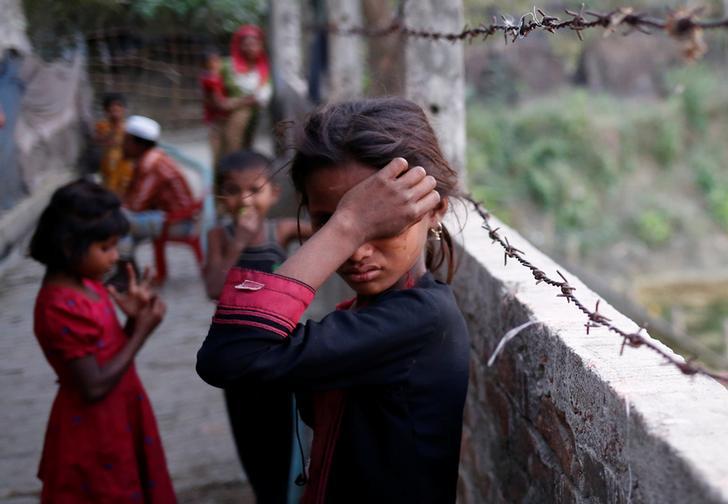By: Nicole Hoerold
Impunity Watch Reporter, Asia
NAYPYIDAW, Myanmar – In early February, workers demanding better conditions, wages, and benefits held a violent protest in a Chinese-owned factory which produces clothing for fashion label H&M. The workers of the factory, which is located in Myanmar, damaged company property and physically attacked store managers, prompting the company to temporarily halt further production in the facility.

The dispute arose out of strikes which began in January 2017, after the leader of a labor union got fired. The incident speaks to the importance of protecting such labor unions, as many workers are generally unaware of their rights and protections while at work. Few large-scale garment factories are unionized, as union leaders and activists are often dismissed and blacklisted, which prevents them from finding other employment.
The labor dispute extends past the incident at the Chinese-owned H&M factory. Bangladeshi authorities have been accused of harassing and intimidating garment workers following demonstrations for higher wages. The garment industry in Bangladesh is a multi billion-dollar industry, which allows incredible opportunity for companies and factories to undermine worker’s rights and protections.
Labor rights activists are now calling on the international community to act by increasing pressure on corporations like H&M to ensure good working conditions and fair wages. The trouble in doing so is that companies like H&M often have little say in the implementation of those kinds of policies at the production phase. Likely, the most effective means of ensuring such protections are for local governments to pass stricter laws and regulations. There is little that the international community or activists can do to force such a measure, though an increased discourse on the issues certainly may help.
For more information, please see:
Deutsche Welle – Pressure mounts on Bangladesh over garment workers’ rights – 23 February, 2017
Reuters – H&M factory in Myanmar damaged in violent labor dispute – 7 March, 2017
Asia Times – Mixed Prognosis for Myanmar garment sector – 14 March, 2017
The Guardian – H&M supply factory in Myanmar damaged in violent labour protest – 7 March, 2017



